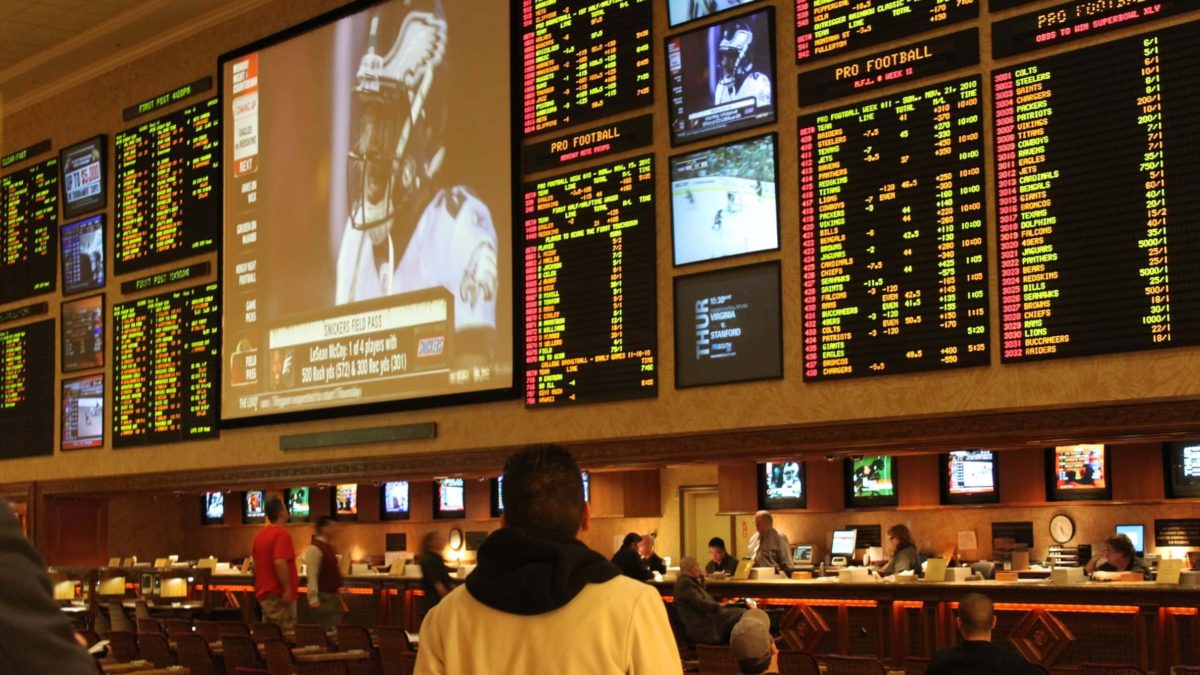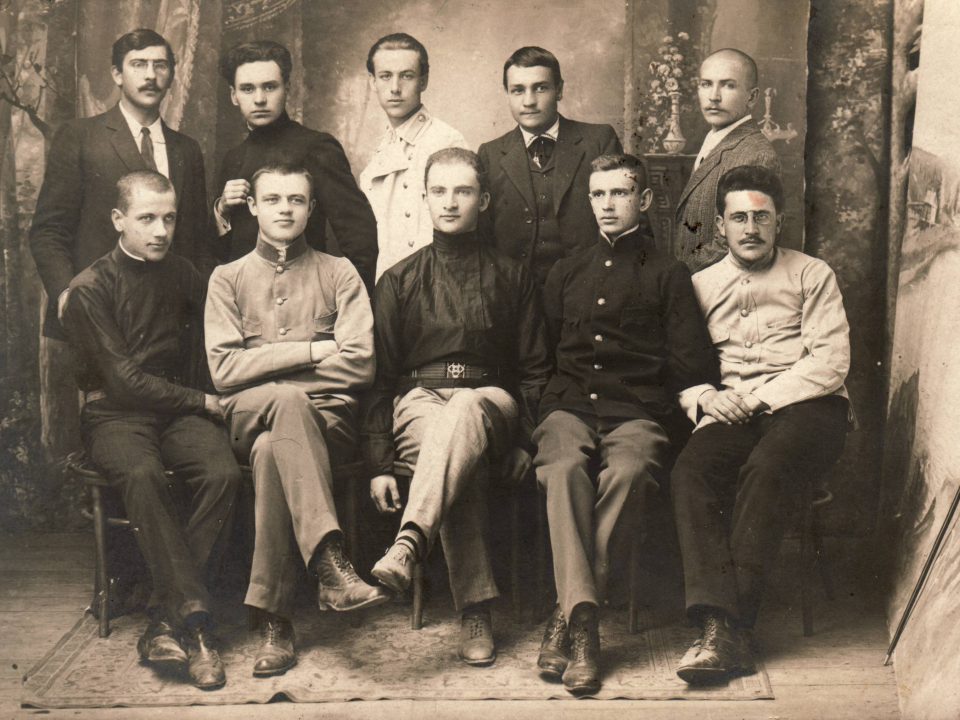Illinois Sports Betting: Are the Odds Rigged Against Poorer Communities?

Z100 Photo in Las Vegas
If you placed a straight wager on the Bears to win with your local sports-consultant/bookie, you probably just got your money back as the Bears just covered the point spread, making your wager a good one.
Soon, your local sports consultant/bookie may need to find a new line of work as you’ll legally be able to place wagers on professional sports both online and in-person in the State of Illinois. Although, they still have the advantage of extending credit to their customers so we will wait to see how that pans out.
Governor Pritzger Signs Legalized Sports Gaming in Illinois
With the signing of Senate Bill 0690, Governor Pritzker has empowered the Illinois Gaming Board to take the nearly 600 pages of gaming-related law and transform Illinois into one of the largest legalized sports gaming states. As an avid sports fan and someone who has enjoyed the entertainment value of an occasional wager on a football game (only in a legal sports book of course), I’m happy about the new law and likely to avail myself of this new opportunity from time-to-time.
As you might have gleaned from the sentence above, I’m not opposed to legalized sports betting in Illinois. I’m hopeful that the taxes raised from sports wagers helps to mitigate – in a very small way – the billion-dollar debt burden of the state. But let’s make no mistake about legalized sports wagering in Illinois. Over time, hundreds of millions of dollars will be made by large gaming corporations, the politically connected and yes, attorneys, who have helped to carefully craft this legislation to favor their interests.
I’m not so much of a Pollyanna to be shocked that a favored few will reap financial rewards from sports gambling coming to Illinois. Indeed, if approached by a gaming client with a transaction dispute or real estate deal, I would not hesitate to listen to their situation and possibly take them on as a client.
What raises my eyebrow about the new gaming law is that it authorizes a Lottery sports wagering pilot program that I believe disadvantages those most likely to play the lottery and least likely to be sophisticated sports gamblers.
Excellent reporting by the Daily Herald and The Chicago Reporter highlight that for various reasons, Lottery sales per-capita are often highest in the poorest minority communities. While I won’t pretend to understand all of the socio-economic reasons driving this phenomenon, it is an observable reality that I believe lawmakers should have taken into consideration.
Poorest Sports Gaming Odds in the Poorest Communities
My concern is not that sports gaming terminals be allowed in poorer communities, but rather that the type of sports gaming offered through the Lottery sports wagering pilot program have inferior odds to those gambling options being offered at casinos, sporting venues and online.
Without delving too deeply into gambling parlance, by law, the only type of wager offered at the Lottery sports gaming machines will be parlay wagers. A parlay wager, as explained by the website SportsInsight, is “. . . a combo bet with two or more wagers linked together.” Think of your office football pool where participants are asked to choose a winner for each of the 16 games that week and the only way to win is to choose all 16 winners correctly. This is a parlay wager.
Now, in and of itself there’s nothing wrong with a parlay wager, assuming you understand that the odds are very long. The defect with the Lottery sports gaming pilot program, in my opinion, is that it mandates this long-shot form of sports betting as the only form of sports wagering at convenience stores, gas stations, bodegas and other locations where lottery tickets are sold. It seems to me that if you’re going to authorize the installation of 2,500 sports gaming machines at lottery locations that you at least offer consumers the opportunity to place straight wagers on a single team where the gamer has a reasonable chance of winning.
So why have legislators placed a limitation on the type of wagers placed on Lottery sports wagering machines? That’s a really good question and one whose answer I’m still trying to understand.
A cynic might look at the parlay wager restriction and come to the conclusion that legislators didn’t want to ruffle the feathers of the large casinos and online sports books by offering straight wagers at Lottery retailers. The gambling giants make their money on frequent, high stakes players who understand that straight bets are the thinking player’s wager of choice.
Alternatively, perhaps thinking that the unsophisticated players are attracted to high lottery payouts, legislators determined that current lottery players would be easy targets for low-odds parlay sports wagering.
Because the implementation of Illinois’ new sports gaming industry is now in the hands of the regulatory agencies, the color and complexion of the type of parlays offered at Lottery sports gaming terminals has yet to be determined. One can only hope that state licensed sports gaming terminals on the West or South side of Chicago offer gaming with odds that approximate those which I can get online or in-person because I’ve got a credit card and bank account. Good Luck!
- Illinois Sports Betting: Are the Odds Rigged Against Poorer Communities? - November 13, 2019
- A Blessed Thanksgiving in 2018 - November 20, 2018
- It’s More Than Planting Trees: The Jewish National Fund – USA - October 27, 2018




